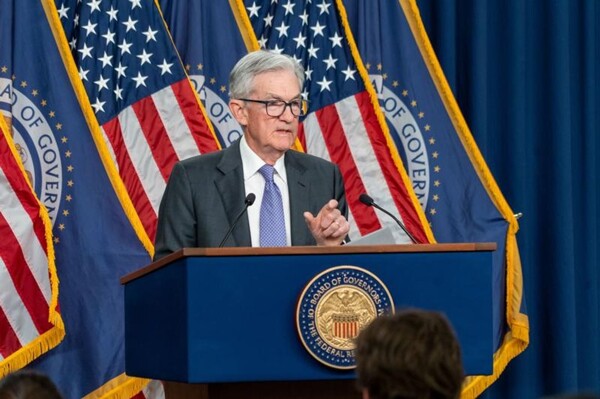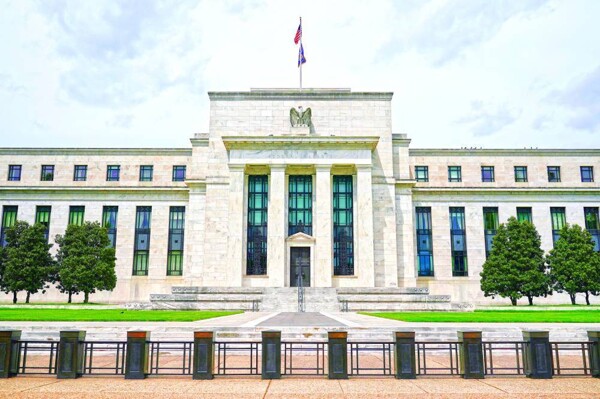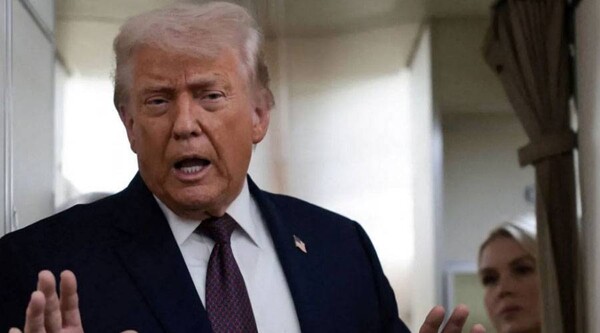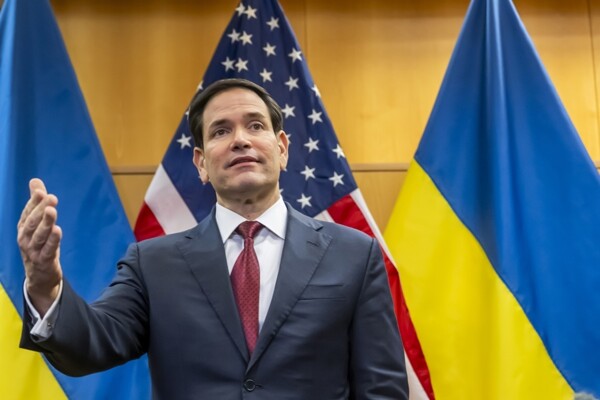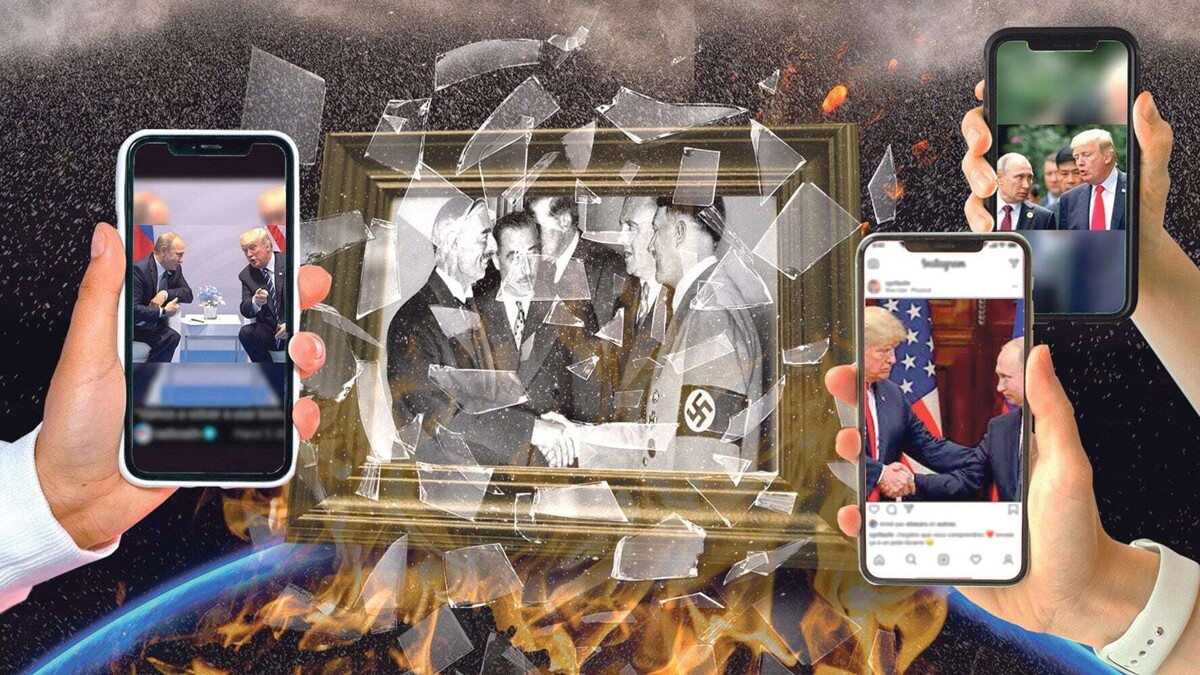
The internal crisis in the United States is profound, although the nation used to be an undisputed power and an example of the "American dream." Currently, the loss of trust and lack of identity are generating a crisis of self-esteem that leads the country to a kind of collective therapy to regain its role in the world. The American president has opted for a militarized political discourse, moving away from social conventions and international agreements in search of sustaining his power.
The American military presence in the region has increased and is expected to continue growing in the coming months and years. The president's strategy is based on military power as a fundamental pillar of the nation. The social and identity structure has fragmented, giving way to extreme individualism. The bilateral socioeconomic relationship between the United States and other countries is on hold until other aspects are renegotiated.
The American administration faces a new global scenario where old leadership and institutions are being questioned. There is a search to redefine the axis of relationships between Europe and the United States, with a focus on military and economic-technological power. The narrative and influence are being defined from that established power, fueling the idea of an imperialist renaissance of the United States.
The Trump administration has led to a distancing between Europe and the United States, prioritizing national hegemony over what is considered an unnecessary alliance. The tensions and situations that the United States faces reflect the existing leadership and institutional crises in Europe. Militarization has become the main focus, both in dialectics and in diplomacy.
In this new power dynamic, there is a perceived decline in traditional diplomacy, giving way to threats and pressures based on self-interests. Trump has generated a significant shift in the geopolitical order, affecting both domestically and internationally. History becomes ironic when parallels are drawn between current and past episodes, such as the historic meeting between Chamberlain and Hitler in Munich.
The future of international relations and global stability seems to be under tension, with the military-industrial complex, the decline of traditional alliances, and new power dynamics at play. The struggle to maintain hegemony and financial control through trade treaties and militarized policies marks a paradigm shift in international relations.











